Entomology Introdiction
This department started to offer its own undergraduate in 1960. Prior to that it was a division of the Department of Plant Pathology and Entomology. The graduate programs for masters and doctoral degrees have been offered since 1972 and 1987, respectively. Currently, there are 211 undergraduates and 64 graduate students (46 for M.S. and 18 for Ph.D.).
The goals of the department are (1) to teach students basic and applied entomology and related biological knowledge; (2) to train students with professional knowledge and practical skills on agricultural and environ- mental insect pest control; and (3) to educate students having noble moral characters and spirit on social service.
The curriculum emphasizes the fundamentals of entomology as well as a broad background in biology, ecology, and biochemistry, etc. Areas of specialization in entomology include acarology, apiculture, behavior, biochemistry, biological control, eco- logy, medical entomology, microbial control, morphology, pathology, pest management, physiology, neurobiology, population dynamics, systematics, toxicology, and chemical ecology, etc.
A total of 128 semester hours are required for the bachelor degree. Graduate students must complete 24 and 18 semester hours, respectively, plus a successful-defended thesis to be conferred the masters and doctoral degrees. Those without an adequate background in entomology are required to remedy this deficiency.
The departmental office, some classrooms, and laboratories occupy mainly the seventh to ninth floors in the complex of Agro-Environmental Science, built in 1995. In addition, there are four classrooms for under- graduates on the first floor, and an insect museum on the tenth floor of the same complex. Additional research space is available at the greenhouse area on the campus.
The department has well-set facilities and equipments to fulfill the needs of teaching all the courses. Moreover, specialized facilities avail- able within the department include a well-preserved collection of insect specimens, greenhouses, net houses, walk-in and individual-temperature/ photoperiod programmable chambers, computer terminals and printers, a photographic darkroom, a scanning electron microscope, equipments for a full range of biochemical, physiolo- gical, toxicological, and molecular biological investigations. Also a departmental library, a seminar room, insect-rearing rooms are available.





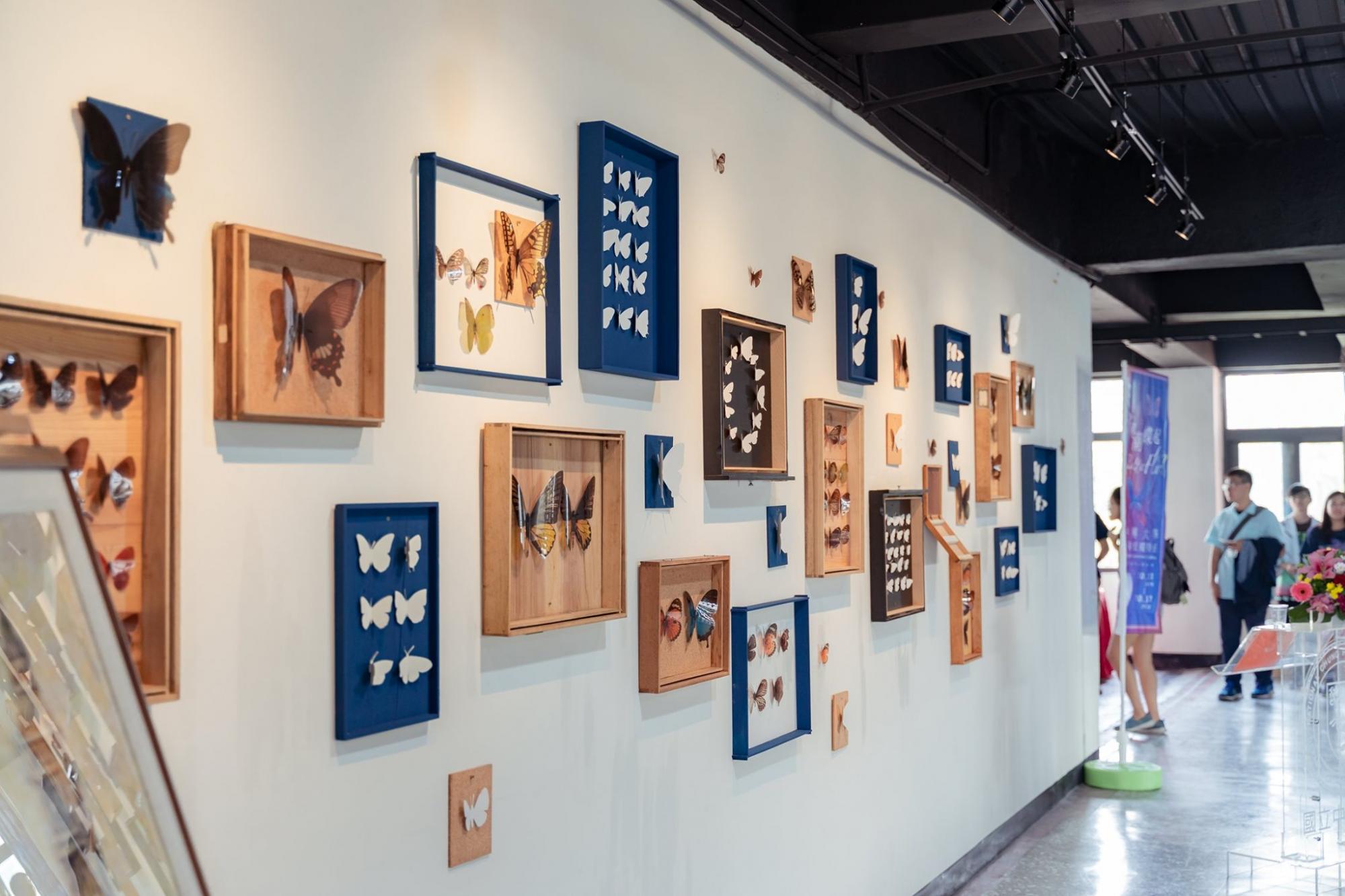
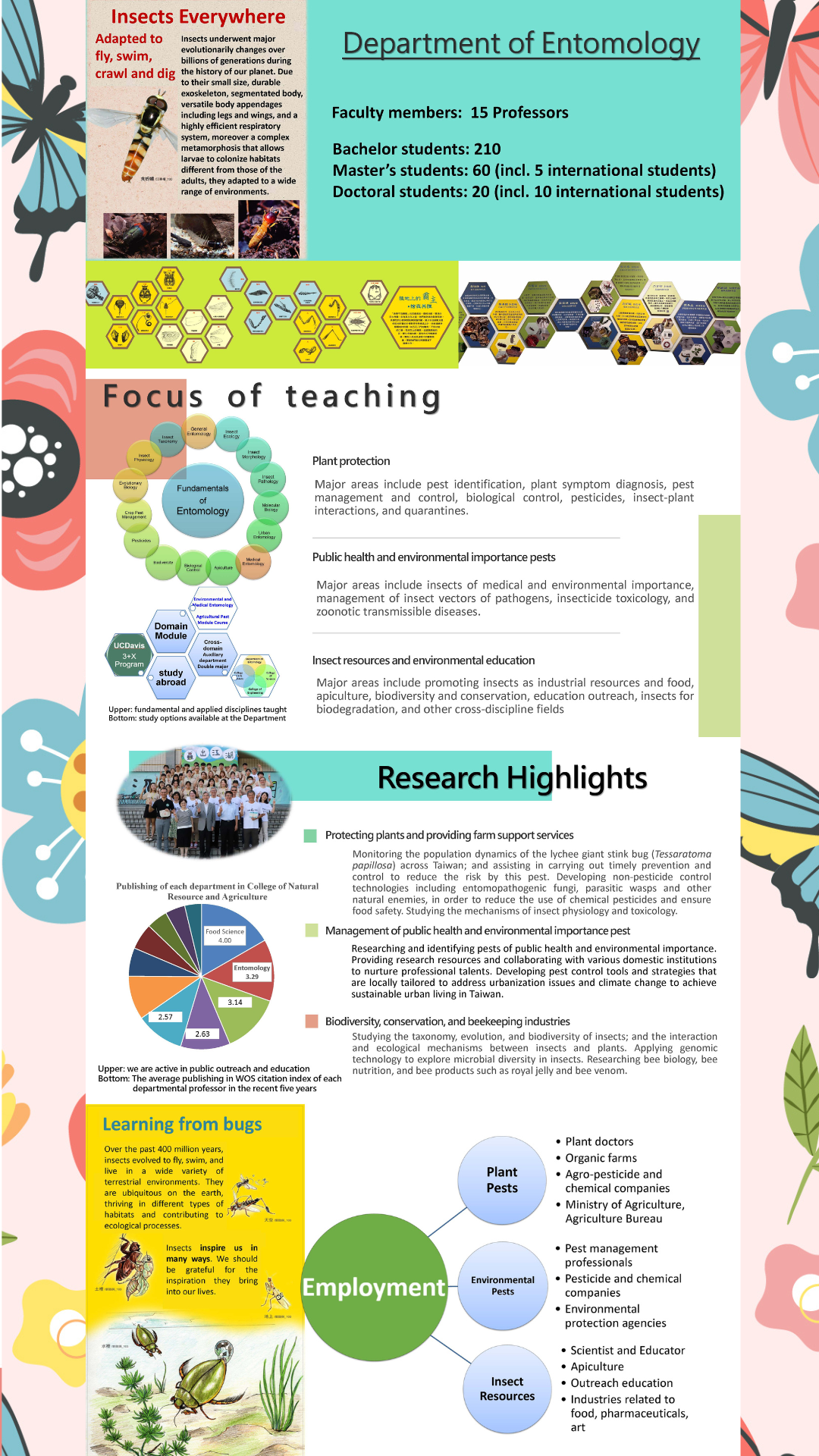


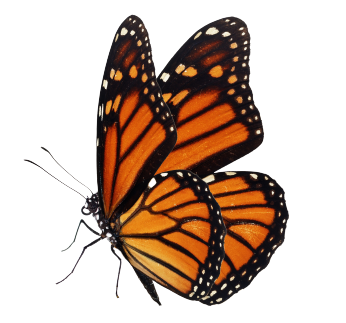
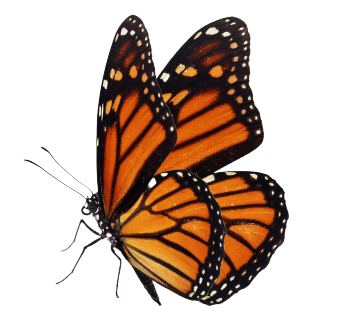
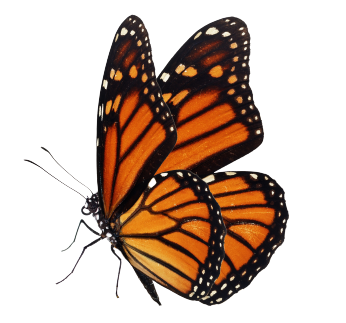







 Online:1
Online:1